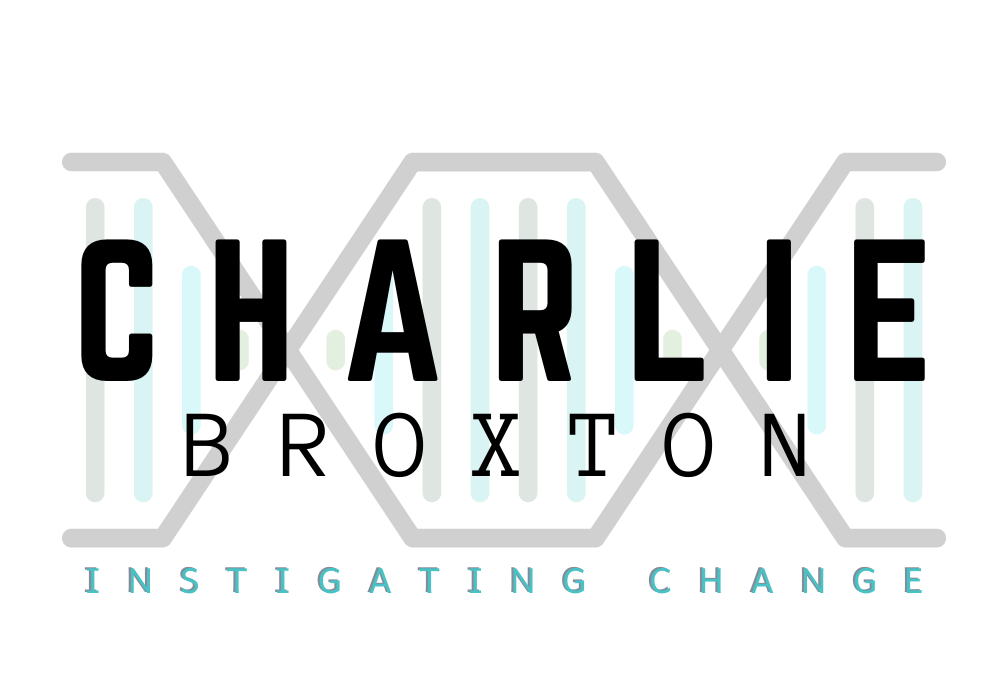5 Ways Grief Impacts the Human Experience
Grief and loss go hand in hand. Anytime we experience loss, grief will be present. Grief takes on different forms and different intensities. We experience intense grief following the death of someone close to us. However, grief is not just limited to the loss of someone significant. Grief results from other losses, including divorce, job changes, moving, children leaving for college, and broken friendships.
It’s important to understand the impact of grief on our human experience. We live in a culture in which grief is an unwanted inconvenience to avoid, as opposed to a natural experience to nurture. Often, people expect those struggling with grief to move on with life. However, it’s not that easy because grief impacts our daily human existence. Specifically, grief impacts us in five different areas.
Our Physical Well-Being
The physical impact of grief often includes exhaustion and fatigue. Grief can cause physical ailments, such as headaches, nausea, and stomach pain. It also increases inflammation in the body because it attacks the immune system. Grief is not just an emotional experience. It’s also a physical experience that attacks our physical well-being.
Our Sleep
Grief throws off regular sleep patterns. Early in the grieving process, it’s often difficult to fall and stay asleep. When we can sleep, grief causes dreams and nightmares which further add to our difficulty sleeping. The dreams and nightmares are natural as our brains are working through the grief experience, but they can be very intrusive, disturbing, and frustrating.
Our Appetites
Grief often lessens our appetite, making it difficult to eat. Food becomes unappealing. Even repulsive. This is why weight loss often accompanies grief. For others, grief may increase the appetite. Unmanaged eating may turn into a coping mechanism to avoid the painful emotions of grief.
Our Mental Well-Being
Grief causes mental exhaustion, which manifests as a fogginess or haziness. It can lead to an inability to focus or a decrease in attention span. Short-term memory issues are often a result of grief. It can be scary, as it feels like you are losing your mind.
Our Emotional Well-Being
The emotional impact of grief is what most people equate with the grieving process. Some of the emotional expressions of grief include anxiety, stress, sadness, anger, hopelessness, and confusion. It can feel like a rollercoaster. One minute we may feel OK and then another minute we’re triggered, which sends us plummeting into one of these emotions.
Grief is a natural experience which we must nurture. The impact of grief lessens with time as we nurture it in the midst of a supportive community. However, it’s important to deal with our grief, as denial often leads to further problems in all five areas. If you’re struggling with grief, give yourself grace. And if necessary, please get help.


